Carson Cooman: Oboe Quartet (2007) for oboe and string trio
 Instant Download
Instant Download
Details
Description
SKU: A0.533571
Composed by Carson Cooman. Contemporary,Standards. Score and parts. 75 pages. Musik Fabrik Music Publishing #3022637. Published by Musik Fabrik Music Publishing (A0.533571).Oboe Quartet (2007) for oboe and string trio was commissioned by Richard Mason, for whose ongoing support of my music, I am exceptionally grateful. The inspiration for the piece is two-fold. Firstly, the work is dedicated to composer Louis Karchin, whose superbly vibrant music continues to delight, surprise, and inspire me. Secondly, this quartet is directly inspired by the playing of a series of oboists who, through their performing, recording, and repertoire advocacy, have come to define the way I think about the instrument and its repertoire: Toni Marie Marchioni, Stephen Taylor, George Caird, Peggy Pearson, Jacqueline Leclair, and Cynthia Koledo DeAlmeida. The oboe quartet genre tends to inspire two different kinds of works: in one type, the pieces are conceived as “mini-oboe concerti” with the oboe defined as a clear solo voice over the backing of the string trio; in the other type of work, the oboe is the “first among equals” in an integrated chamber music discourse. This work falls into the latter category. In the recent years, wonderful oboe quartets from Yehudi Wyner (1999), Elliott Carter (2001), and Fred Lerdahl (2002) have continued to define an American voice in this genre. This work is cast in a single movement, controlled by a loose variation form with the intent of creating a single musical “line” and narrative. From the beginning to the end, there is continuous melodic and harmonic development, working towards creating a structure which, though tightly
controlled, is also somewhat improvisatory in spirit. The music can be grouped broadly into three sections, each of which is a large-scale variation and each also containing a number of overlapping smaller variations. The opening, with its nervous cascades of pizzicato strings, is marked “tumbling wildly, with restless energy.” Switching to bowed playing, the cello states the basic musical material of the piece: a whirling series of melodic intervals. An oboe cadenza (“colored” by the strings) begins the development and leads into a contrapuntal texture with interplay and flourishes between all four instruments. The next section is marked “keening, fierce lament.” (Keening is defined as a “wailing lament for the dead.”) The underlying pulse of the music is slow, but it is full in sonority and passionate in gesture. The shorter final section contains aspects of both the two preceding sections, as part of the ongoing development. In places, the music moves towards the raw and violent in affect. The final coda, however, is slow and lyrical as the oboe sings a last melody over “bell-like” chords in the strings.
This product was created by a member of ArrangeMe, Hal Leonard’s global self-publishing community of independent composers, arrangers, and songwriters. ArrangeMe allows for the publication of unique arrangements of both popular titles and original compositions from a wide variety of voices and backgrounds.
Digital Downloads are downloadable sheet music files that can be viewed directly on your computer, tablet or mobile device. Once you download your digital sheet music, you can view and print it at home, school, or anywhere you want to make music, and you don’t have to be connected to the internet. Just purchase, download and play!
PLEASE NOTE: Your Digital Download will have a watermark at the bottom of each page that will include your name, purchase date and number of copies purchased. You are only authorized to print the number of copies that you have purchased. You may not digitally distribute or print more copies than purchased for use (i.e., you may not print or digitally distribute individual copies to friends or students).
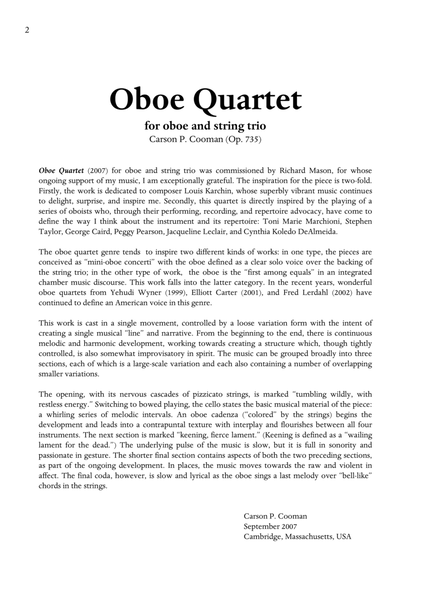
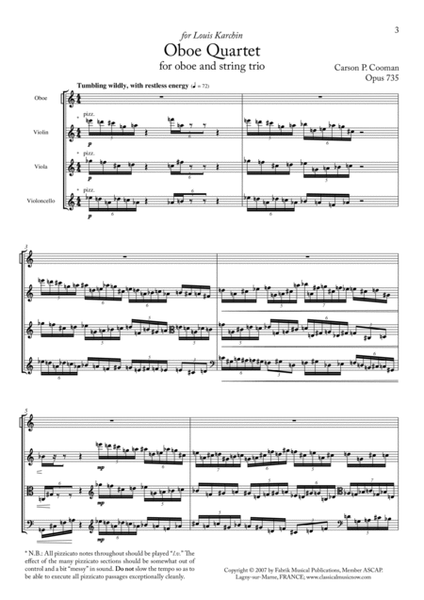
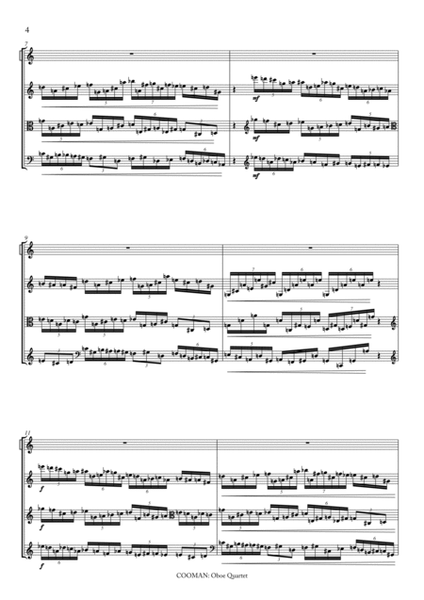
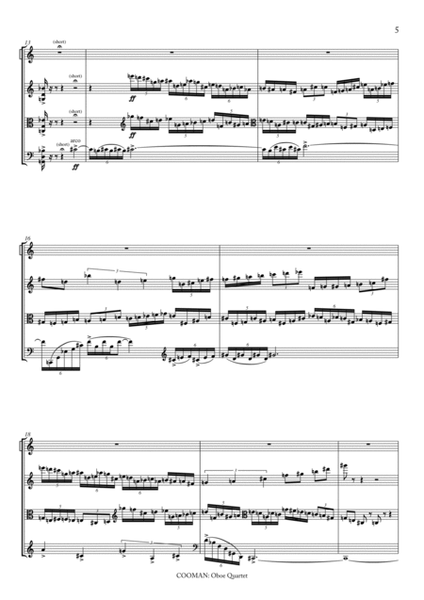
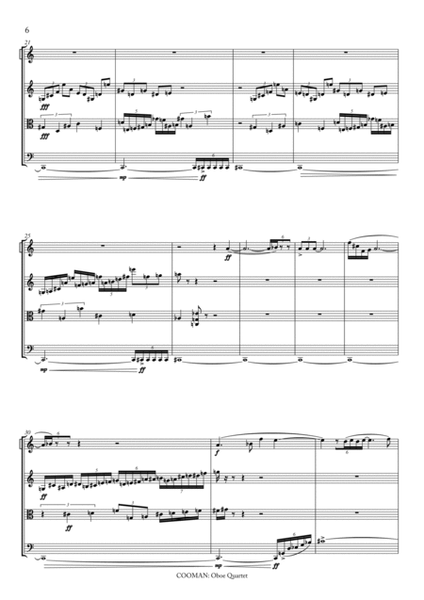
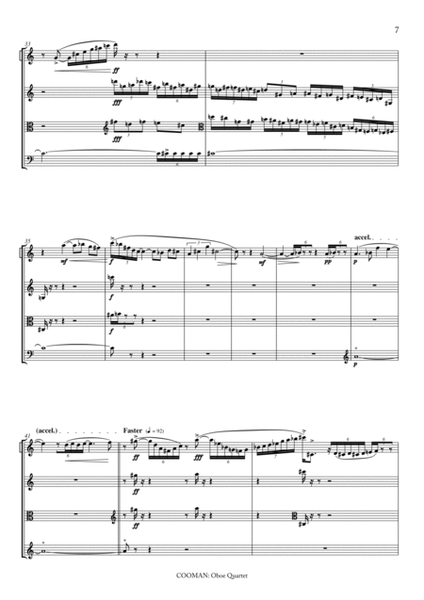
 Share
Share